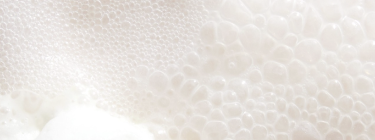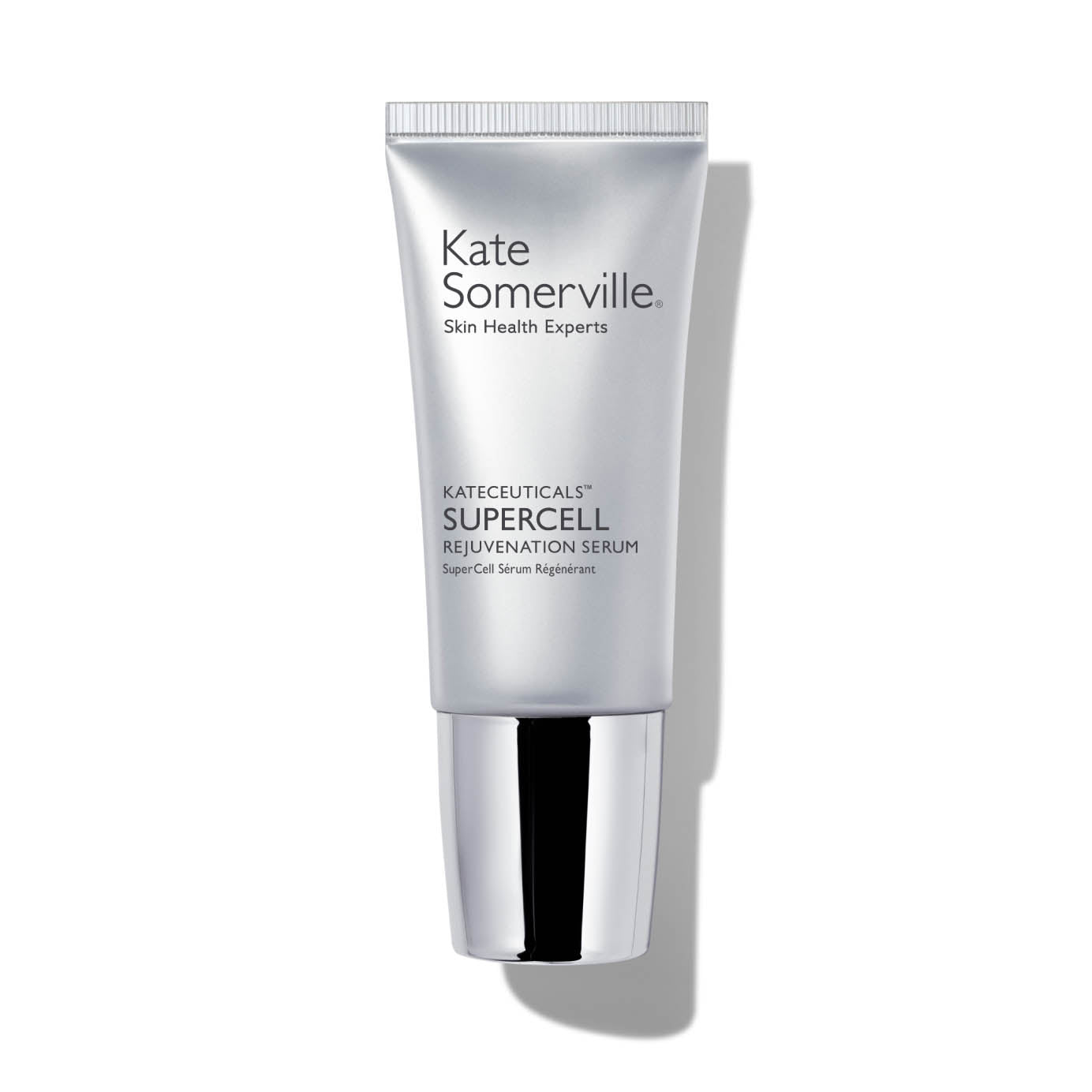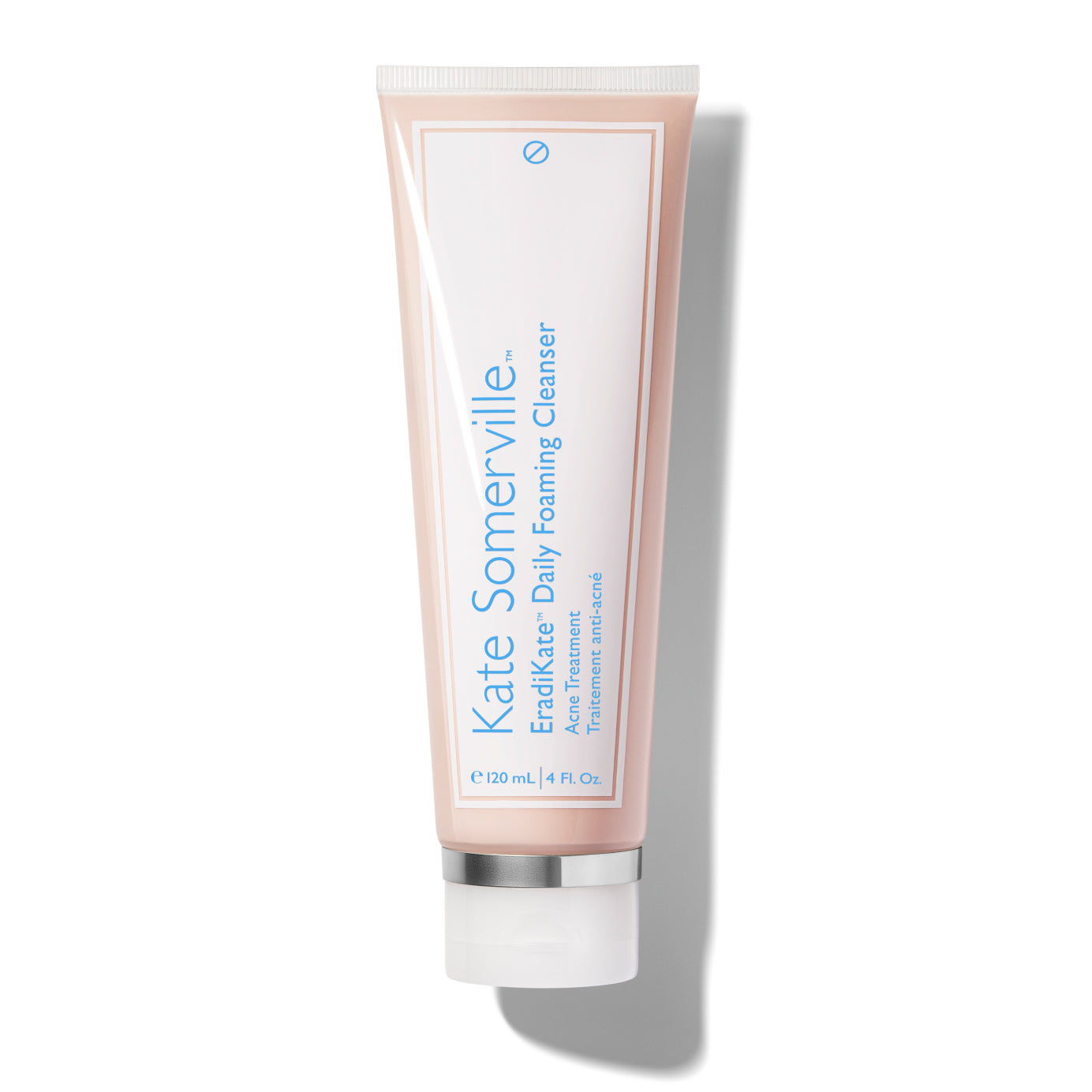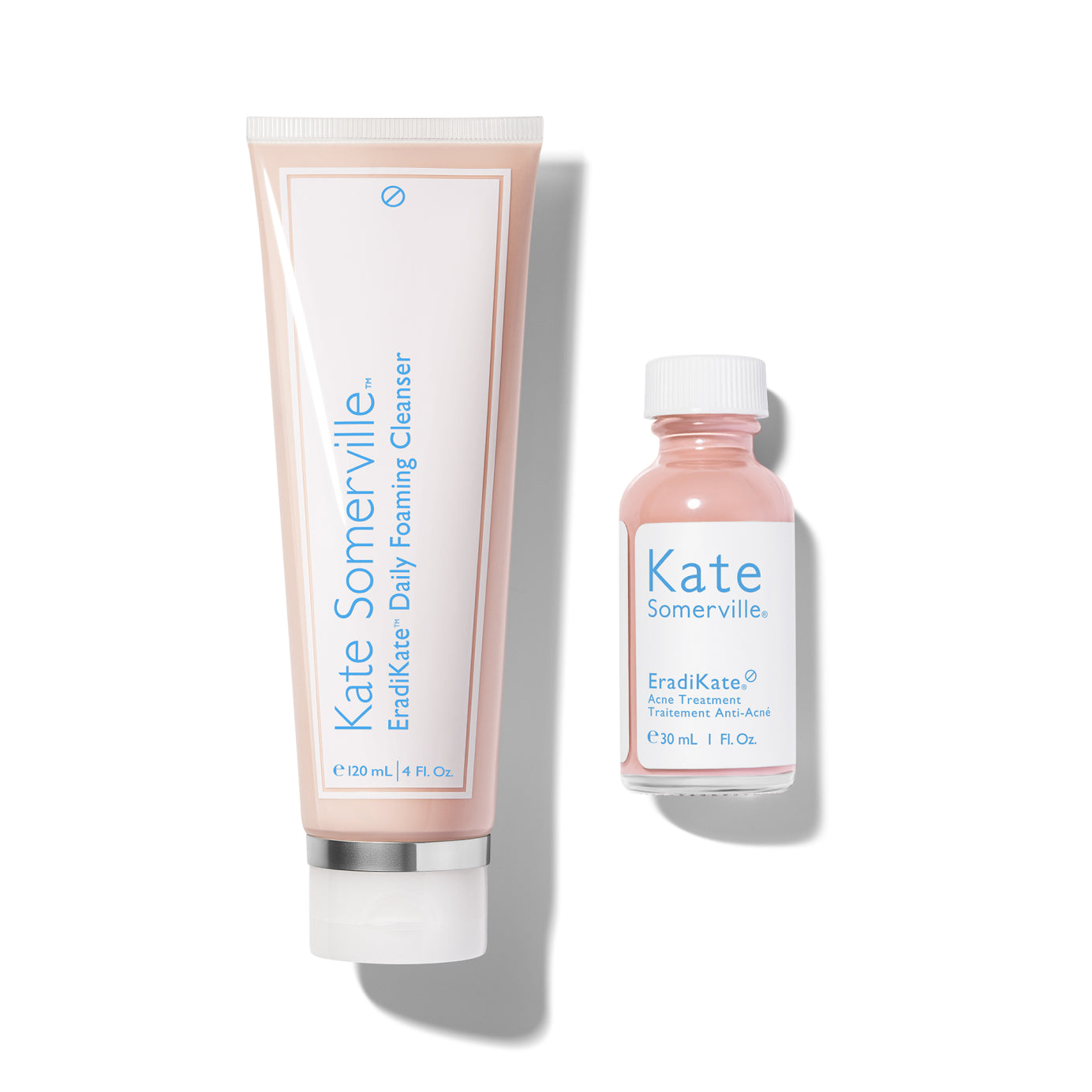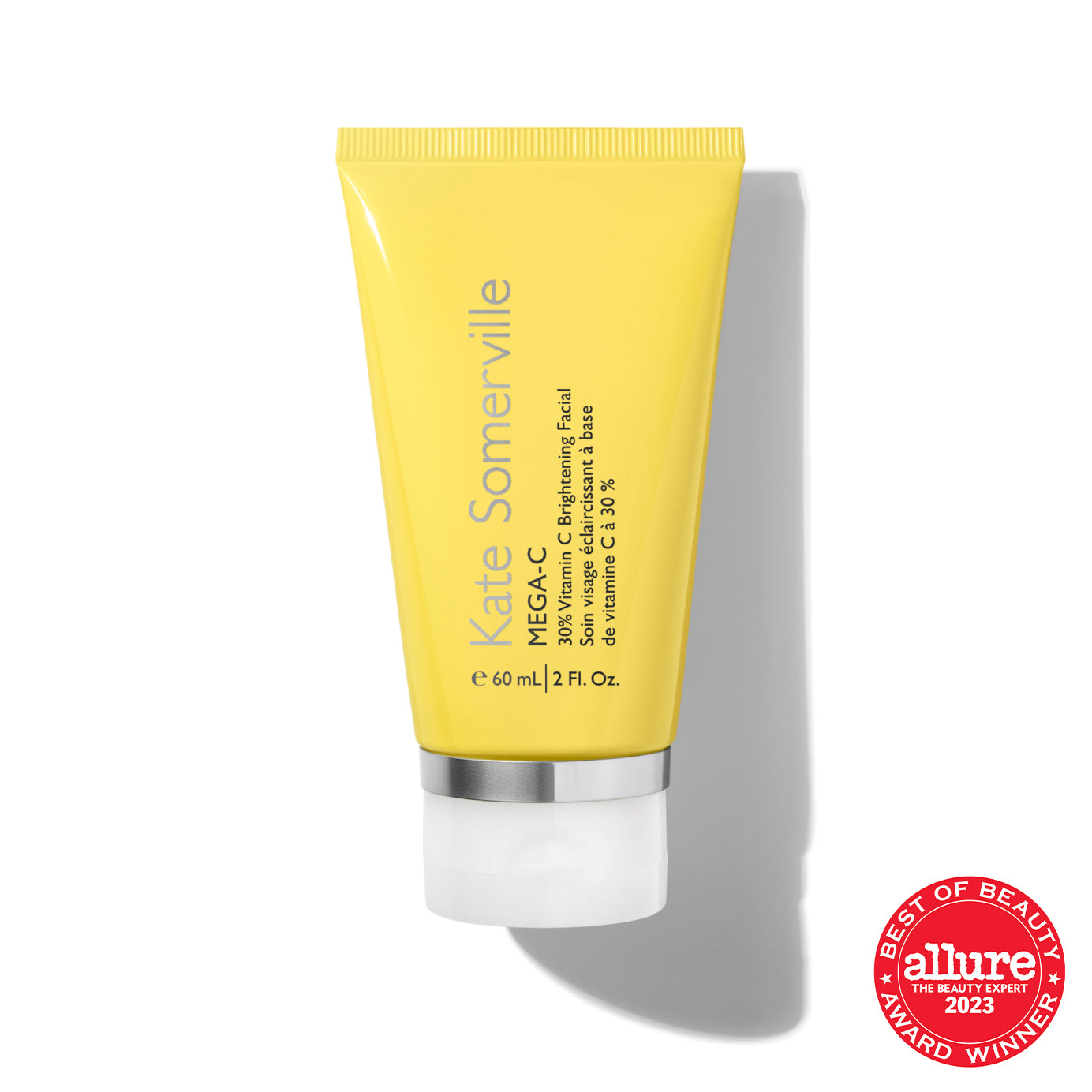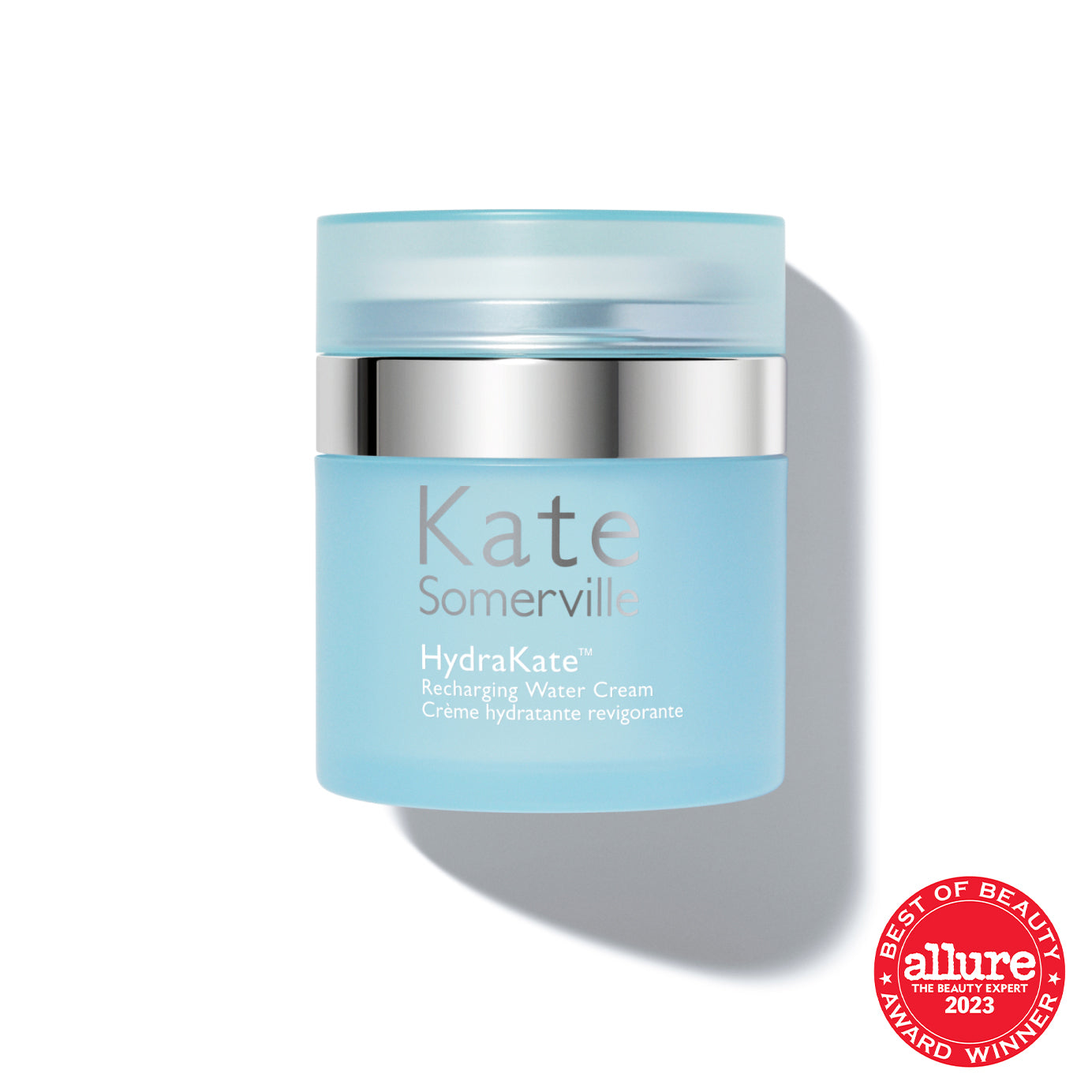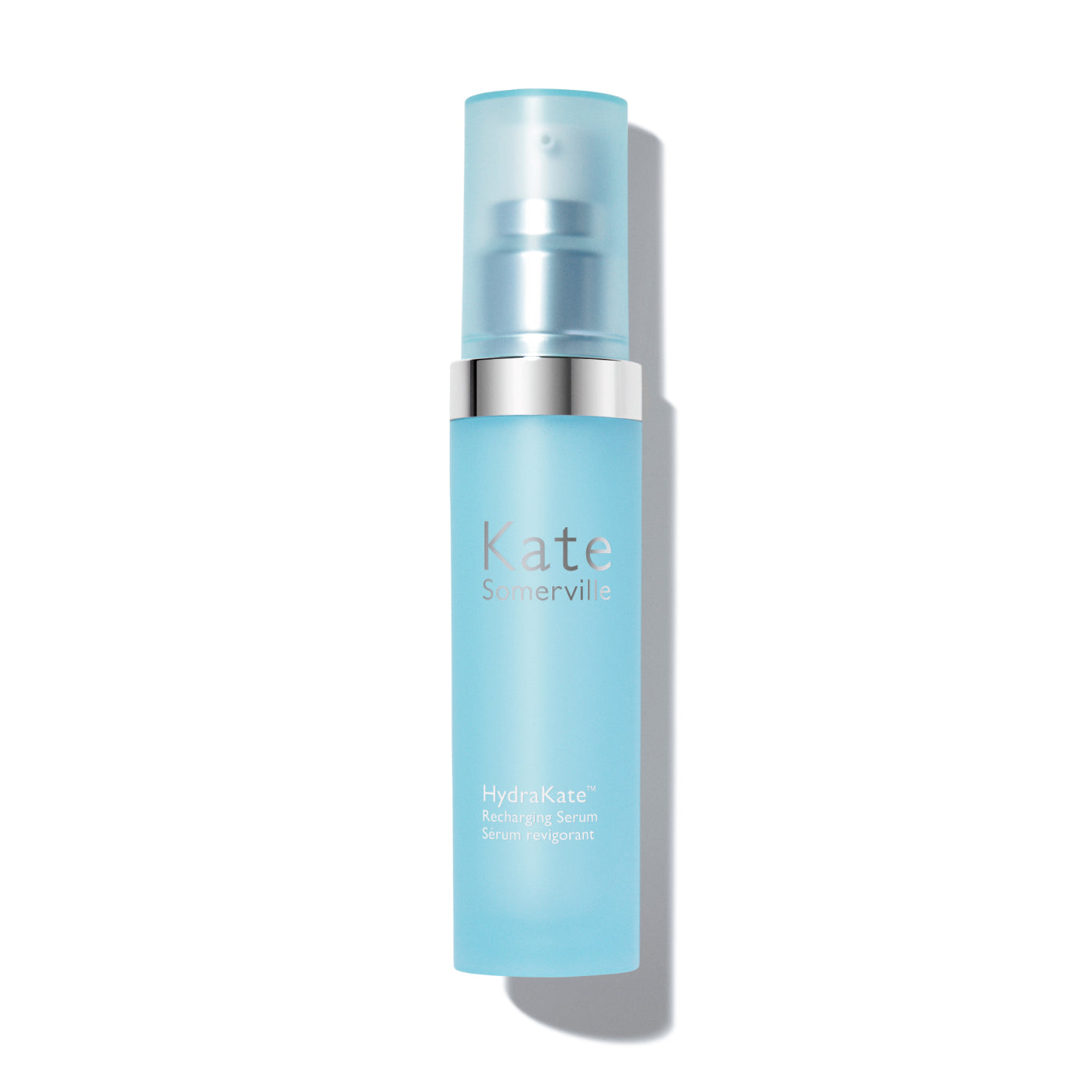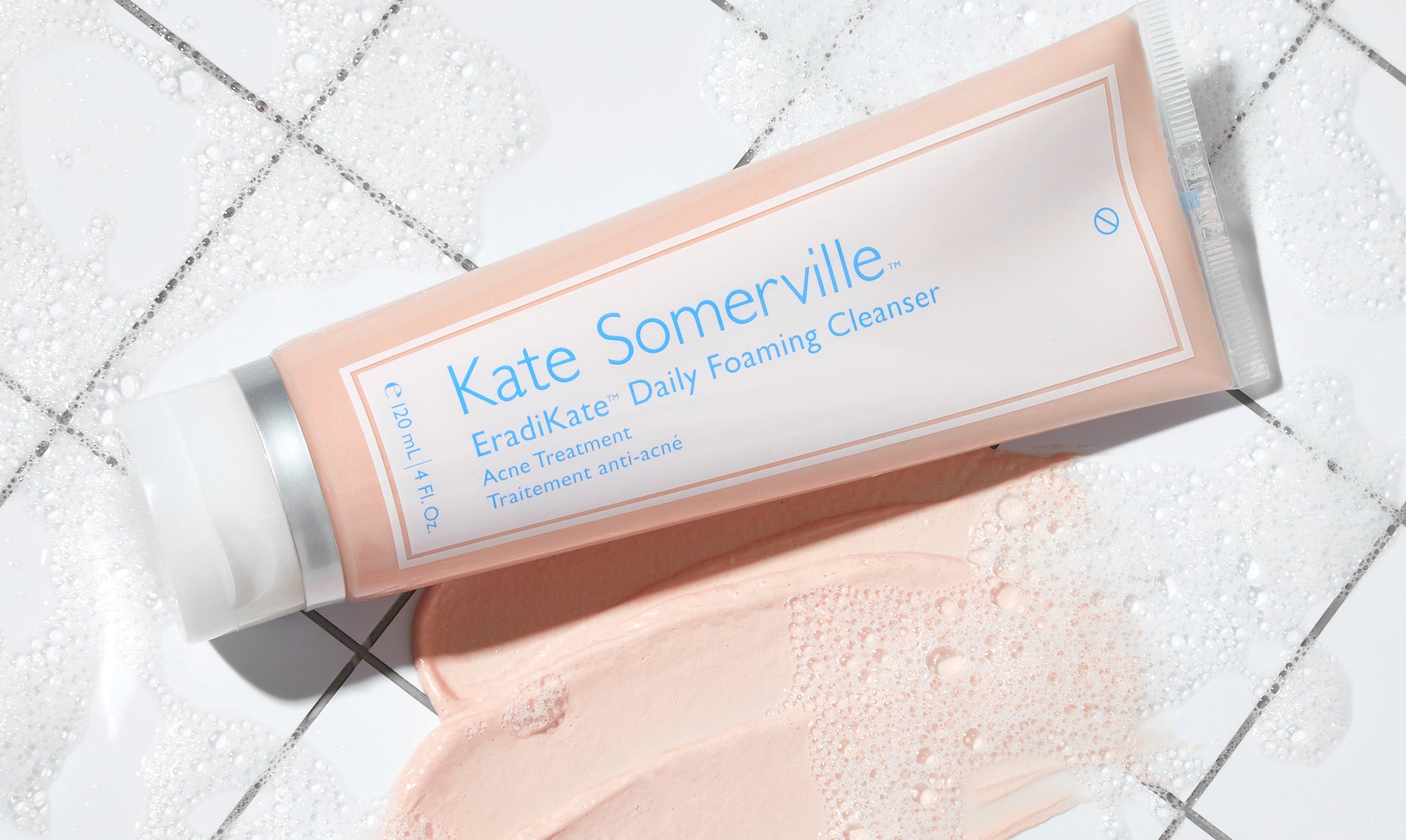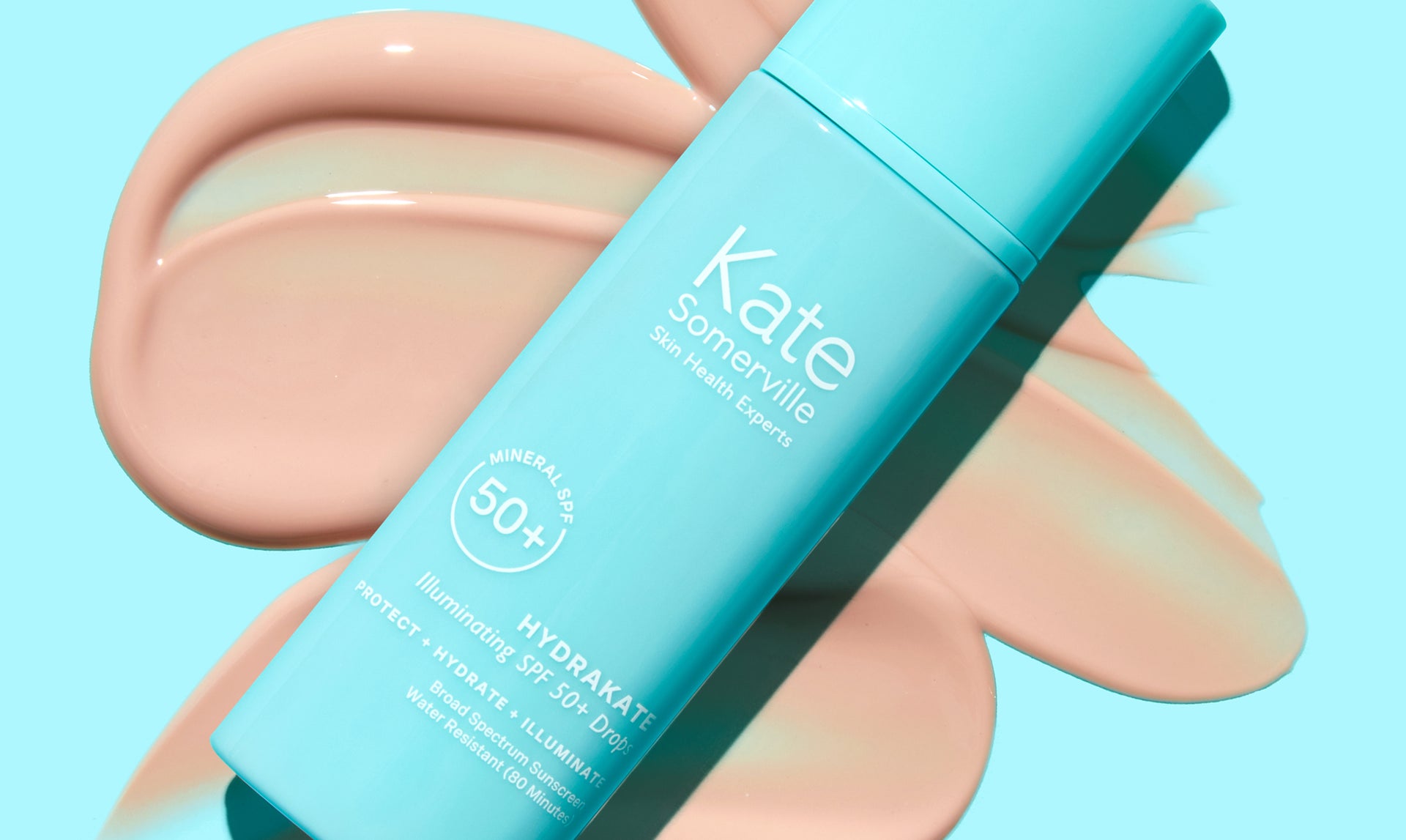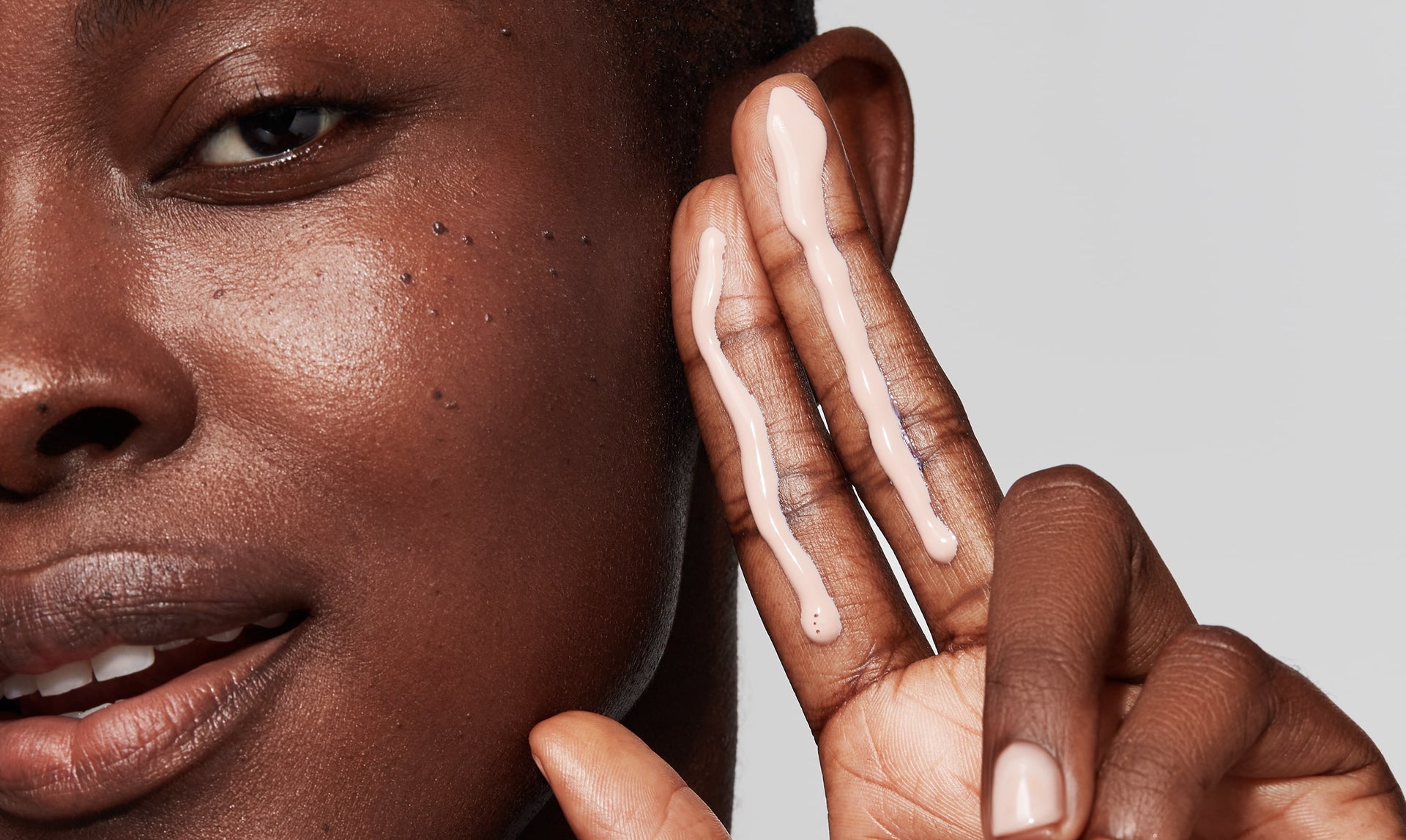Picture this: you’re sitting in your office chair or lounging in the living room when you realize you’ve been scratching the intense itching of your skin a lot more than usual. When you examine the itchy places, you discover a red, flaky patch of skin. If you’re like many of us, you might head straight to the internet to figure out what’s going on—and you might be left wondering whether it’s psoriasis or eczema.
While both itchy skin conditions are thought to be linked to an overactive immune system, eczema involves the inflammation of your skin, whereas psoriasis is caused by the buildup of skin cells.[1]
Since these two itchy skin conditions can have similar symptoms, understanding which condition you have can help you get the best relief for your skin. Below, our Skin Health Experts reveal the difference between eczema and psoriasis - from triggers to treatment, including knowing when to visit a skin care clinic.
The 4 Distinguishing Features of Eczema vs. Psoriasis
The first step to finding relief for your skin condition is to understand its underlying causes, symptoms, and triggers—as well as how you can treat and manage them. To help you distinguish between severe eczema and severe psoriasis, we’ll cover the signs and symptoms of both and some basic background on what these scaly skin conditions are.
#1 What Causes Them
There are several potential causes for your intense itching and inflamed skin. So what exactly is eczema vs psoriasis, and what causes these conditions?
- Eczema is a fairly common disease that comes from an overactive immune system.[2] Our founder Kate has dealt with eczema since she was a child. Her search for answers and relief inspired her early passion for skincare and a desire to seek out innovative solutions to complex skincare challenges. While it can have an onset at any age, we still don’t formally know what causes eczema on the face [1] or body (aka atopic dermatitis). However, researchers believe it has to do with genetics and other environmental factors like allergies.[3]
- Psoriasis is an autoimmune disorder that most commonly occurs in adulthood and accelerates the growth cycle of your skin cells in uncommon ways.[4] Instead of shedding, your fast-growing skin cells stack on top of each other.[5]
While neither eczema nor psoriasis is contagious, both are considered chronic conditions.[6] But with some knowledge of your triggers and the treatment options available, you can keep your symptoms manageable and avoid flare-ups.
#2 Symptoms
While severe eczema and severe psoriasis can overlap in terms of their symptoms, there are a handful of telltale signs that set these two conditions apart.
If you think you might be suffering from eczema, first check to see the difference between eczema vs dermatitis, [2] then check to see if you have eczema symptoms such as:[7]
- Swelling
- Intense itchiness and dryness
- Overly sensitive skin
- Rashes, red patches, and scaly skin
- Skin that oozes or leaks fluid
- Discoloration and redness
If you don’t see any of the symptoms above, you may have psoriasis, which can cause the following symptoms:[8]
- Patches of skin that have silver scales
- Extreme itchiness
- Scaly patches
- Super dry skin
- Joints that are swollen and hard to move
- Pitted or overly thick nails
While eczema and psoriasis have similarities in their symptoms and long-term duration, the two conditions have different underlying causes.
#3 How They’re Triggered
Both psoriasis and eczema are chronic conditions that need to be managed—but both also come with their own sets of triggers. By identifying your condition and what might be triggering it, you can take steps to alleviate your symptoms and avoid aggravating your skin.
For eczema, potential triggers may include:[9]
- Changes in the weather
- Your stress and hormone levels
- Scented detergents, lotions, or other products that could irritate skin
- Allergens such as pollen, dust, and dander
Psoriasis shares a few of these triggers—mainly stress and potential irritants.[10] But it also has the following unique triggers that eczema doesn’t:[11]
- Medications
- Injury to the skin
- Infection
- Illnesses like strep throat
Since eczema and psoriasis are conditions you might need to handle long-term, it’s essential to know what to avoid for your skin’s sake. If you’re doing your best to avoid the above, but still feel like you have flare-ups, you may want to contact your doctor or dermatologist and get personalized medical advice.
#4 The Method of Treatment
It’s common sense that two different conditions often need two different methods of treatment, even if they have similar symptoms.
The most common methods for tackling psoriasis include:[12]
- Topical steroid treatments
- Coal tar treatment
- Light therapy
- Medicine that can be taken orally or injected
Many of the existing treatments for psoriasis aim to slow down the growth of new skin cells.[13] Some treatments also exist to help diminish the scaly patches psoriasis can cause.
Meanwhile, treatments for eczema typically seek to soothe skin itchiness and inflammation.[14] When managing eczema, your healthcare provider might also recommend a topical steroid cream. But there are other methods of managing it as well, including:[15]
- Regular moisturizing with a non-drying moisturizer
- Monitoring your triggers
- Wrapping the area with wet dressings
- Taking medicine to suppress your immune system as needed
Medications can be a helpful and effective way to manage eczema and psoriasis, but make sure you speak with a doctor to find the right one for you.
Soothe Your Skin with Kate Somerville
Though they have some symptoms in common, any redness and itchiness you’ve been experiencing from eczema might not necessarily have the same triggers or treatment methods as a psoriasis rash. But you can get advice for both conditions from a Skin Health Expert.
At Kate Somerville, we’re passionate about clinical skin care. That’s why our Skin Health Experts aim to provide expert solutions for skin concerns. Plus, our clinically perfected formulas, like our Goat Milk Moisturizing Cream, provide skin relief around the globe. This moisturizer - and its complementary Goat Milk Moisturizing Cleanser - was inspired by founder Kate’s own journey of finding relief for her eczema by putting goat milk in her bath as a child.
For skin-soothing relief, start with Kate Somerville’s Goat Milk Collection. Or for a more customized skincare solution, schedule a consult with one of our Skin Health Experts
Sources:
National Eczema Association. Is it Eczema or Psoriasis? https://nationaleczema.org/eczema-or-psoriasis/
National Eczema Association. What is Eczema? https://nationaleczema.org/eczema/
U.S. National Library of Medicine. Eczema. https://medlineplus.gov/eczema.html
CDC. Psoriasis. https://www.cdc.gov/psoriasis/index.htm
Mayo Clinic. Psoriasis. https://www.mayoclinic.org/diseases-conditions/psoriasis/symptoms-causes/syc-20355840
American Academy of Dermatology. Are triggers causing your psoriasis flare-ups? https://www.aad.org/public/diseases/psoriasis/triggers/flares
National Eczema Association. Managing Itch. https://nationaleczema.org/eczema/itchy-skin/
[1] National Eczema Association. Is it Eczema or Psoriasis? https://nationaleczema.org/eczema-or-psoriasis/
[2] National Eczema Association. What is Eczema? https://nationaleczema.org/eczema/
[3] National Eczema Association. What is Eczema? https://nationaleczema.org/eczema/
[4] CDC. Psoriasis. https://www.cdc.gov/psoriasis/index.htm
[5] CDC. Psoriasis. https://www.cdc.gov/psoriasis/index.htm
[6] U.S. National Library of Medicine. Eczema. https://medlineplus.gov/eczema.html
[7] National Eczema Association. What is Eczema? https://nationaleczema.org/eczema/
[8] Mayo Clinic. Psoriasis. https://www.mayoclinic.org/diseases-conditions/psoriasis/symptoms-causes/syc-20355840
[9] National Eczema Association. What is Eczema? https://nationaleczema.org/eczema/
[10] American Academy of Dermatology. Are triggers causing your psoriasis flare-ups?https://www.aad.org/public/diseases/psoriasis/triggers/flares
[11] American Academy of Dermatology. Are triggers causing your psoriasis flare-ups? https://www.aad.org/public/diseases/psoriasis/triggers/flares
[12] Mayo Clinic. Psoriasis. https://www.mayoclinic.org/diseases-conditions/psoriasis/symptoms-causes/syc-20355840
[13] Mayo Clinic. Psoriasis. https://www.mayoclinic.org/diseases-conditions/psoriasis/symptoms-causes/syc-20355840
[14] National Eczema Association. Managing Itch. https://nationaleczema.org/eczema/itchy-skin/
[15] National Eczema Association. Managing Itch. https://nationaleczema.org/eczema/itchy-skin/
